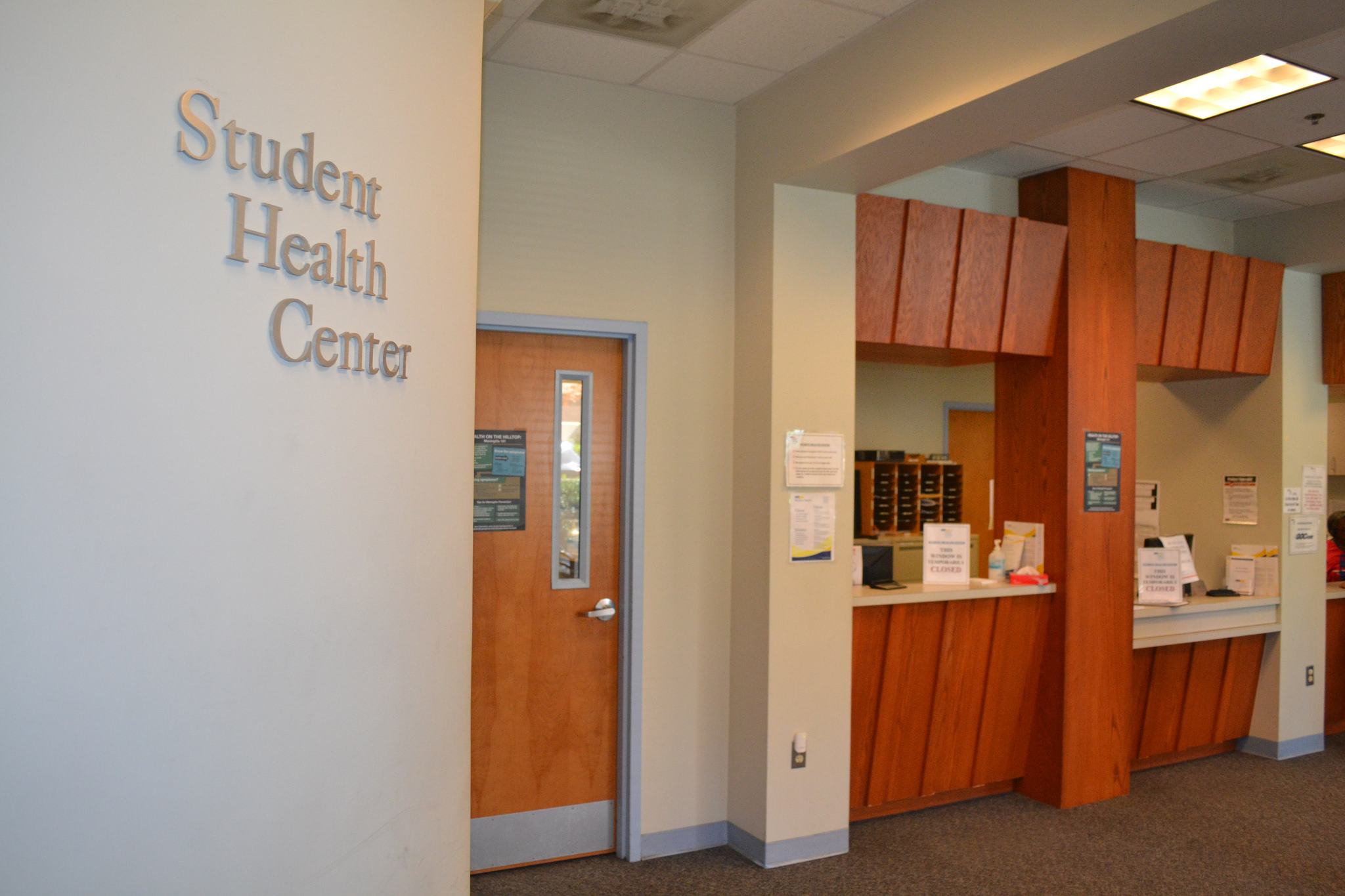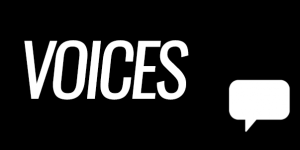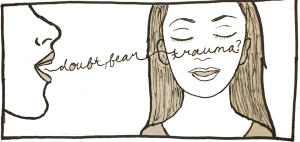Georgetown Health Services has recently begun offering Truvada, more colloquially known as PrEP, to the student body through the Student Health Center.
Truvada is a pre-exposure prophylactic drug for HIV. When taken regularly, Truvada reduces the risk of contracting HIV by 90% according to its website. Generally, Truvada is prescribed to those who are currently HIV-negative but are judged to be at high risk of contracting HIV through sex—men who have sex with men, sex workers, and people who are regularly having sex with HIV-positive partners. It’s a relatively safe drug, and clearly very effective. Still, it’s important to note that it is recommended that Truvada is not a substitute for use of condoms and other precautions, and these should still be used.
So why don’t more Georgetown students know about this new opportunity to take charge of their health?
Well, the Student Health Center actually doesn’t advertise it. For a potentially life-saving drug with so few down-sides, I would have thought that the University would put out an announcement alerting the student body to the fact that they were now offering it. This did not happen. In fact, any information about PrEP is nowhere to be found on their website.
Why might that be? It may be related to the University’s policy of not prescribing contraception to students, or the reluctance to discuss sex altogether on campus. However, this policy does not alter student’s behavior, just the safety with which they engage in it. Either way, many Georgetown students are having sex. Some Georgetown students are probably also having unprotected sex, and having sex with HIV-positive partners. The university cannot ignore this fact any longer—not when students’ lives are needlessly being put at stake.
It’s also important to discuss the role that the stigma surrounding HIV may be playing here. While such sentiments have faded over the years, HIV is still a highly stigmatized disease. Not only does it result from activities we wouldn’t necessarily like to discuss at the dinner table, but HIV also affects largely the “undesirables” of society: gay men, sex workers, and intravenous drug users. In the years since HIV has been present, society has seemed to agree that we don’t necessarily want these people in our midst, and this has contributed to a silence around the disease.
Perhaps it is this stigma that lead to the Student Health Center’s reluctance to advertise the Truvada— they may be reluctant to be associated with a disease that’s been vilified for so long. This shame surrounding HIV is a common problem, and many movements like HIV Equal and Mr Friendly are striving to eradicate it. Still, the fact remains that the most effective way of erasing silence is to create dialogue. The Student Health Center could do this easily, simply by sending an email or posting a flyer advertising their new services for the academic year, including Truvada. CAPS did this for new student groups they were offering this fall, so there is no reason the health center cannot do the same.
Whatever the cause, it is clear that the University needs to be more clear about the services they offer. Simply having a drug is meaningless if the students who need it cannot access it, and true access depends on information. HIV prevention is crucial, not only for the Georgetown student body, but for public health at large.
Be that as it may, it is important not to understate the importance of simply offering Truvada. If it is offered, students who are aware of the drug and feel that it is a good choice for them are likely to request it, and thus will decrease their chances of contracting HIV. It is likely that the conversation and information will spread throughout the LGBTQ+ community at Georgetown and have a ripple effect.
However, the general awareness of Truvada is lacking, even among the LGBTQ+ community, and many who need it may not be aware of its existence, let alone that Georgetown Health Services offers it, putting them at unnecessary risk of infection with a deadly pathogen. Leaving access to such a vital drug up to word of mouth is irresponsible, and the University should be doing more to advertise for this medicine.
It shouldn’t just end with Truvada, though. The University needs to take a stand against HIV. While most universities in the U.S. provide free STI testing, it has been more than a year since free HIV screening was offered on campus, and many students understandably feel reluctant to use their parents’ insurance to get tested. This leads to students being unsure of their status—unwilling to subject themselves to questions from their families, but also unable to access resources in any other way. It is crucial that the University make these resources available to students, and that students are aware of how to access them to make the best use possible of their time at Georgetown and go on to live happy, healthy, and successful lives.
Open Access is a bi-weekly column by Rebecca Zaritsky. She is a freshman in the College.





